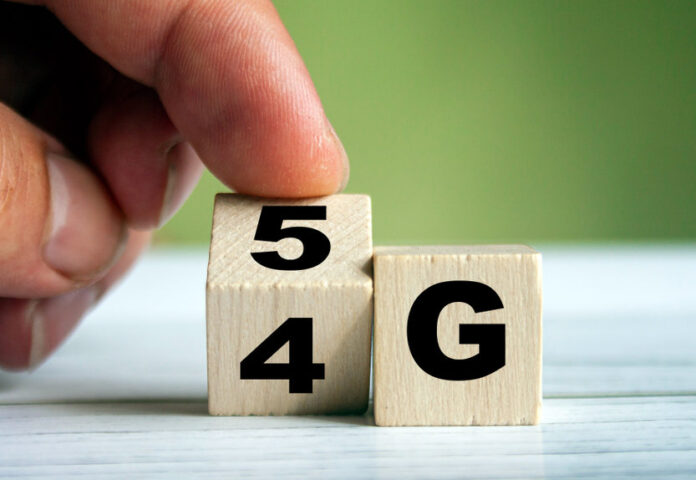3G networks are being turned down, 4G is at the heart of most cellular networks around the world, and 5G is gaining ground across the globe.
As quickly as 5G has dominated industry discussions and marketing, however, it still isn’t the dominant technology serving customers and connections. Let’s recap some of the high-level numbers on the relative state of the 4G and 5G ecosystems.
According to the Global mobile Suppliers Association (GSA), as of the end of December 2021 there were 906 operators in 243 countries that were actively investing in LTE, or had plans to; LTE is still seeing strong growth in regions like Latin America and Africa. GSA said that nearly 800 operators were actively running LTE networks providing either mobile and/or Fixed Wireless Access services, in more than 240 countries or territories around the globe.
Slightly more than half that number, 487 operators, in 145 countries were investing in 5G mobile or 5G FWA networks, while 200 operators in 78 countries had announced 3GPP-standardized 5G service launches.
In addition, GSA said that it had identified 99 operators in 50 countries which were investing in 5G Standalone networks, either in terms of deploying/operating 5G SA networks, plans to do so, trialing the tech or buying spectrum licenses that would be used for 5G SA deployment.
Industry group 5G Americas and TeleGeography have very similar numbers; as of January 2022, they counted 695 global LTE deployments (including LTE-Advanced) and 203 5G deployments.
As far as numbers of connections, 5G Americas and Omdia said in late 2021 that the number of 5G connections around the world was on track to exceed 540 million by the close of 2021 and would grow to 4.8 billion by the end of 2026. Omdia forecasts that 5G subscriptions will grow 1,000% between 2021 and 2026.
North America had 505 million LTE connections as of the end of Q3 2021, Omdia estimated. In the same timeframe, the region had about 56.5 million 5G connections – slightly more than 10%. However, 5G has been adopted even more rapidly than LTE. On a global basis, it only took 5G about five quarters from its commercial introduction to reach 400 million connections, according to the firm. It took more than three times that long for LTE to reach the same milestone.
Interested in learning more about the changes happening in optimization and monitoring as networks shift to 5G? Register for our upcoming webinar!

